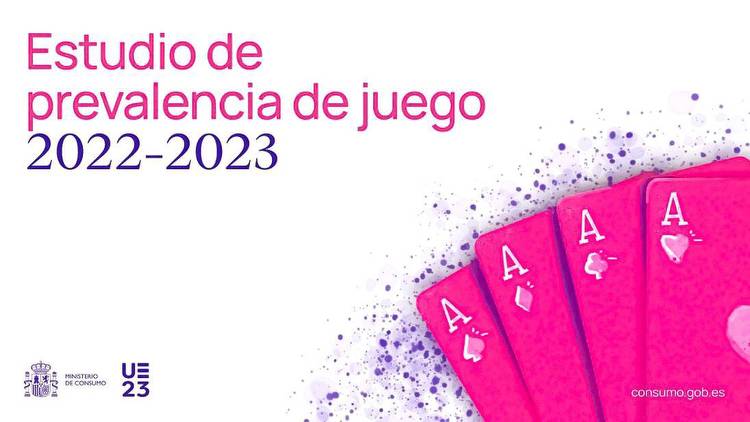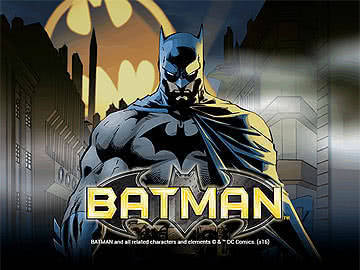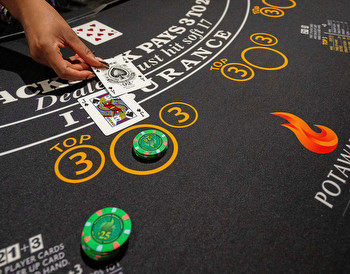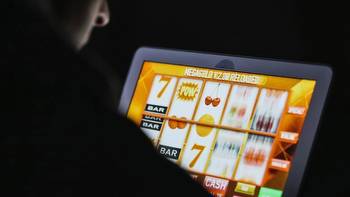Spain: 22% of gamblers are under 25 years of age and their preferred method of gambling is in person

The General Directorate of Gaming Regulation (DGOJ), the regulating entity of the online sector in Spain, issued the results of the Gaming Prevalence Study 2022-2023, in which it revealed that the profile of the player is increasingly youngersince 22% is younger than 25 years old and that the way of entering the game is, mostly, face-to-face.
According to the study, endorsed by the Spanish Ministry of Consumer Affairs, this way of entering the game is through the lottery - from tickets, tickets, tenths - and the instant or pre-sorted lottery. In addition, 86.61% of those surveyed of that age stated that they had played both and, of them, 2.7% showed symptoms of gambling problems.
At the same time, it was reported that 36.5% of young people between 18 and 25 years old who have gambled in the last year have participated in online gambling and, of them, 12.45% have developed symptoms of gambling problems.
According to the study, this modality is followed by Roulette, with 28.08% of participation and 23.3% of symptoms of gambling problems; Lottery, with 27.04% of participation and 12.91% of symptoms; and Cards, with 24.06% of participation and 20.03% of symptoms of gambling problems.
For the General Director of Gaming Regulation, Mikel Arana, "the online channel increases exponentially" the risk of suffering gambling problems for the in-person channel, since the symptomatology of gambling problems, by access channel, would be 1.34% in the in-person channel, 10.97% in the online channel 10.97%; and in online and offline, 11.77%.
"Each game presents very different characteristics and each game has very different risks from others", he pointed out, adding that 0.4% ( in person) and 2.73% (online) of people present symptoms of problems with the Deferred Lotteries game; 5.08% (in person) and 24.70% (online) of Instant Lotteries; and 7.08% (in person) and 18.28% (online) in Betting.
"Here it is also particularly worrying for younger people because in the 18 to 25 years old age group gambling is the preferred game, although it is true that in that age group, the symptomatology drops to 12%", he warned.
In the case of Slot Machines, the study indicates, the symptoms of gambling problems are present in 21.17% of land-based games and 52.56% of the online channels; in Roulette, 16.99% of the land-based game and 31.86% the online; in Cards, 19.88% in the land-based and 29.68% in the online; and Bingo, 10.01% in the land-based and 29.29% in the online.
The results of the study were presented at a ceremony at the Ministry of Consumer Affairs, attended by the Minister of Consumer Affairs, Alberto Garzón, the head of the Psychiatry Service of the Ramón y Cajal University Hospital and member of the scientific section of the Advisory Council for Responsible Gambling, Ángela Ibáñez.
Other data
Regarding people who gambled in the last twelve months in Spain, the report shows that 49.29% of people participated in games versus 50.71% who did not. Of the first group, 81.24% played only lottery and 18.76% played other games and lotteries.
It was also pointed out that, regarding the access channel, the land-based one - lottery administrations, casinos, bingos, etc. - accounts for 97.32% versus 6.61% online. "In a quick sum, you can see that this adds up to more than 100%. It's not a mistake, it's that there are people who play both land-based and online. Therefore, almost 4% of the rest are people who access the game through different channels," Arana said.
In terms of gambling prevalence in the last 12 months, 97.26% said they had played lotteries, 12.52% betting, 2.24% cards, 5.05% bingo, 4.04% slot machines and 2.74% roulette.
Regarding illegal gambling, 99.34% of the people surveyed said they had not accessed unlicensed premises, 0.14% said they had and 0.52% said they did not know. In the case of illegal websites, 94.31% said they had not accessed them, 1.66% said they had and 4.03% said they did not know.






































